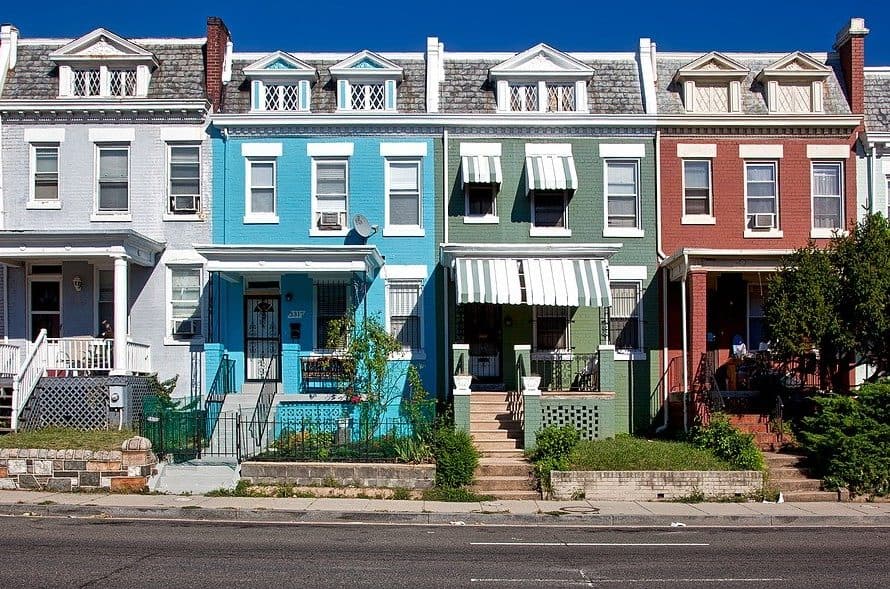How well do you know your neighbors? Can you name each of the neighbors that adjoin your property or apartment? Do you know a personal fact about each one? Do you speak to your neighbors?
It turns out that less than three percent of Americans can say yes to all three of these questions.
In the meantime, our culture is becoming angrier and much less forgiving. We are more isolated. Part of the reason is that we have forgotten the art of neighboring.
It takes effort. It takes some purposeful planning. Neighboring will also take some time. However, it should be a priority and the benefits are plentiful, both personally and for our community.
I am not asking that you try to be neighborly to everyone in town. However, what would our towns look like if we all made an effort to be neighborly to the people living next door?
Your neighbor may be starved for a friend! On the other hand, your neighbor might have amazing skills or insights to contribute to a neighborhood.
Take time to get to know the widow next door, the single mom, the grandparents raising their grandchildren, the new family to the area. Yes, people can be challenging. We all have our messes. However, we also need relationships, and your neighbors are the perfect place to start.
Current social research is showing that many in our culture suffer from a lack of personal relationships, which leads to isolation, depression, anger, and more.
To be clear, stalking what people are doing on Facebook is not a real relationship. There is a lot of new research showing very negative emotional impacts from being on Facebook a lot and seeing the highlights folks post from their lives.
When my wife and I were young, we lived in a subdivision south of Willard. I got talked into being the president of our homeowner’s association. Then the calls started. A resident said his neighbor’s dog barked all night, and he wanted me to tell the neighbor about the rules violation and to tell him to make his dog stop barking. Imagine with me how that problem might be better resolved if the neighbors had instead had a relationship by being neighborly.
I see the same thing with the local government where residents are quick to call the city about a code violation but never consider helping a neighbor. In one example I know about, an overgrown yard was reported by a resident and cited by the city with a ticket. It turned out the single woman living there was taking care of her terminally ill mother, and the yard was the least of her concerns. Before you call the city about your neighbor’s two-foot-tall lawn, have you considered checking on the neighbor and offering to help? Which action would be neighborly? Which actions would result in a strengthened relationship?
As people of faith, let’s make it a priority to start loving our neighbor. Plan a simple get together and invite your neighbors over. Extend an invitation to each neighbor who has a home bordering you (this includes across the street neighbors and back fence neighbors). Get acquainted and work on staying connected.
You may find that being neighborly not only blesses your heart and shows kindness to others but that it also has the power to improve our community one family relationship at a time.
You can find and download a useful “who is my neighbor” chart on the Greene County MU Extension website at http://extension.missouri.edu/greene. You can also search for a new online class I am teaching called “Becoming an Engaged Neighbor.”

